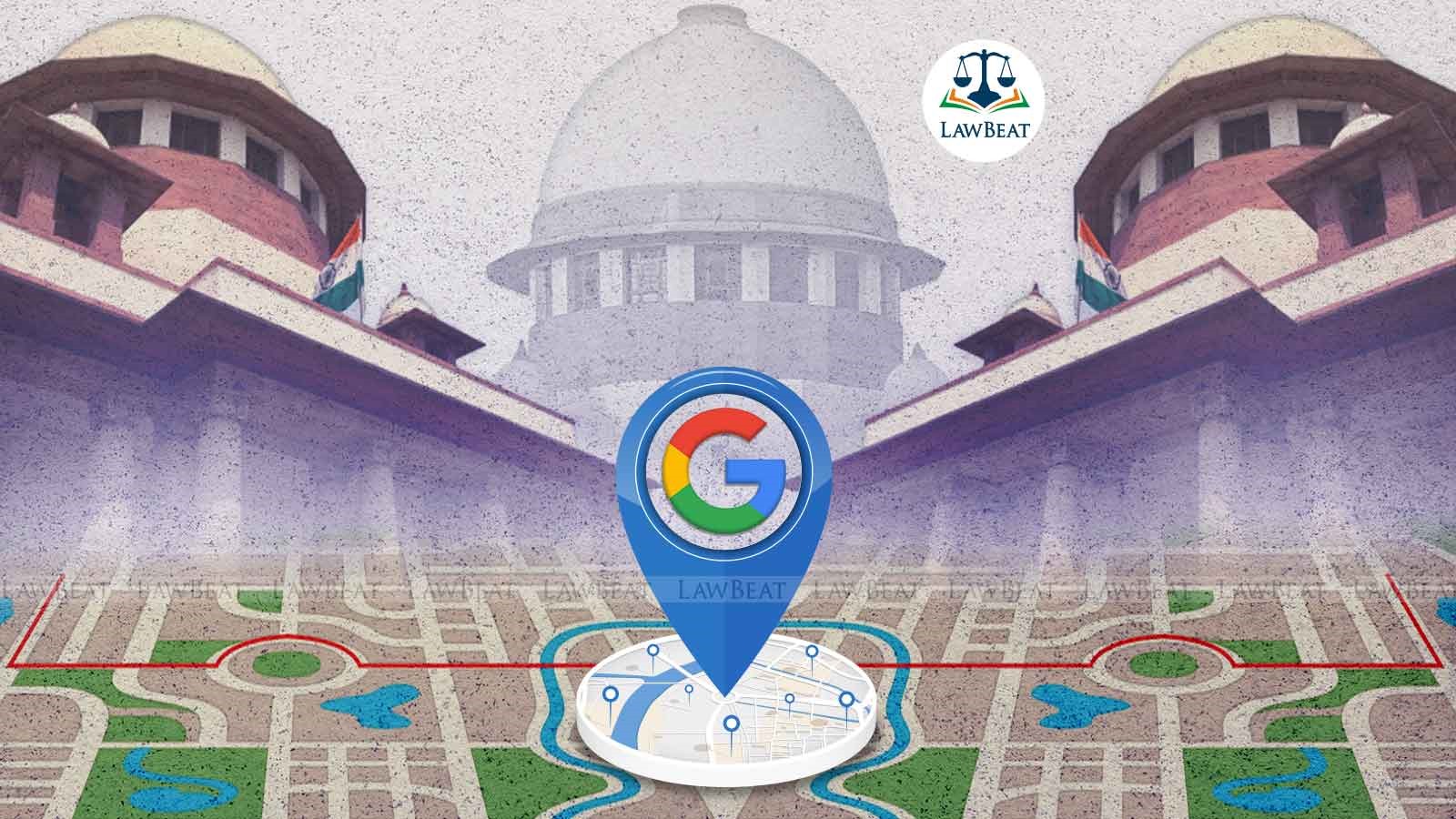Sharing of Google Pin location cannot be ordered as bail condition: Supreme Court

A bail condition enabling the police to constantly track the movement of an accused and virtually peep into their private life cannot be ordered, court said today
The Supreme Court today has held that a condition cannot be imposed on an accused seeking bail to share their Google Pin location with the police authorities.
"There cannot be a bail condition defeating the very objective of bail...", Justice Abhay S Oka said today.
Earlier, the Supreme Court had sought for an explainer from Google LLC over the aspect of PIN location-sharing feature on its Map application.
The bench of Justices Abhay S Oka and Ujjal Bhuyan issued this direction while hearing an appeal filed by one Frank Vitus, against a bail condition imposed by the Delhi High Cour, while granting him bail in a case registered under the Narcotic Drugs and Psychotropic Substances (NDPS) Act.
Court had earlier noted that the question was whether this condition would offend rights of the accused under Article 21 of the Constitution of India.
In an effort to understand the technical workings and privacy implications of Google PIN, particularly in its application as a bail condition, the Supreme Court has issued a notice to Google India Private.
This was done after the Ministry of Electronics and Information Technology advised the court to seek insights from Google India for technical expertise, highlighting the nuanced challenge of balancing the needs of law enforcement with the protection of individual privacy rights.
Court was later told that Google LLC had manufactured said product and not Google India and it would be appropriate for Google LLC to respond to the Court's query.
Case Title: FRANK VITUS vs. NARCOTICS CONTROL BUREAU
